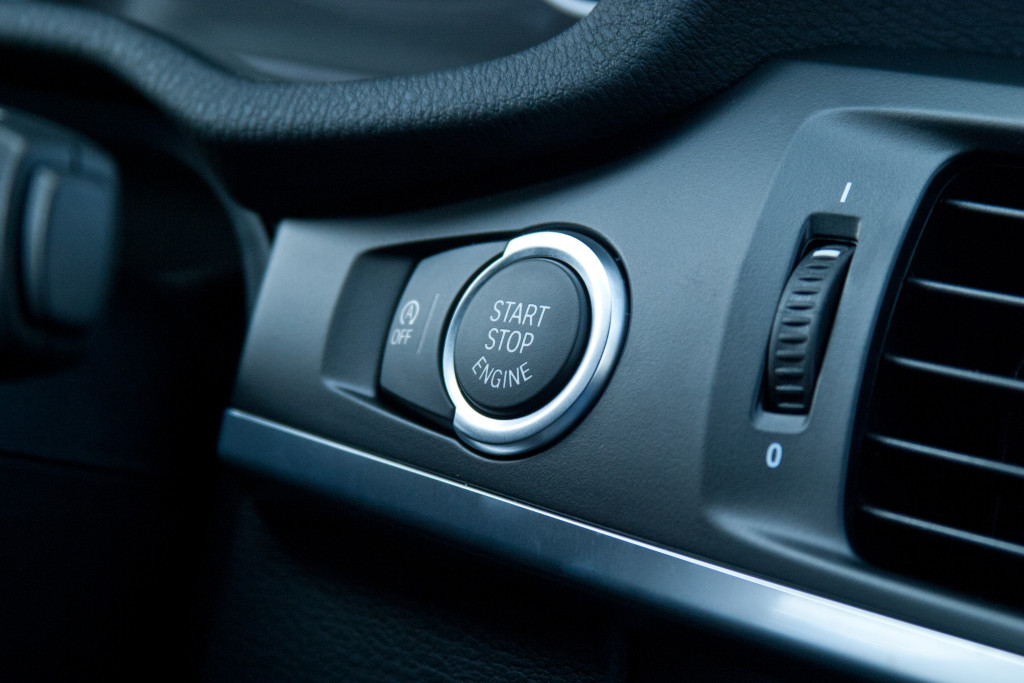Let’s face it; buying a car can be a bit tricky. If you’re buying a brand-new car, then you won’t have any problem when it comes to the car’s lifespan since it’s guaranteed that you’ll get the whole brand-new experience out of it. But when you’re buying a second-hand car, there’s that one major factor that will affect its value: age and lifespan. It’s crucial to keep in mind that your car is an investment, and you’ll want to get the most value of it.
When a car is almost at the end of its lifespan, certain features won’t work, and it won’t necessarily perform the same way it did when it’s brand new. That said, we must keep in a pristine condition through proper repair and maintenance. Here are some essential ways of extending your car’s lifespan.
Your Car’s Lifespan
But right before we can get into what are some ways of maximizing and lengthening your car’s lifespan, we have first to discuss what some factors that affect your car’s lifespan in the first place are.
It’s important to note that measuring your car’s lifespan is more than just knowing the age of the vehicle. Many factors come into play, but mileage is known for being one of the top contributors and indicators of a car’s life expectancy. On average, a vehicle will last around 12 years, which is roughly equivalent to about 200,000 miles in terms of distance covered. However, newer and more durable car models are being developed, which will have higher lifespans.
But it’s also known that the type of engine used will significantly impact the car’s lifespan. It’s also important to keep in mind that each type of component in your vehicle will also have its own lifespan.
So, what are some ways of extending your car’s lifespan and keeping it in an optimal condition? Here’s what you need to know.
Safety Should Be the First Priority
First and foremost, one of the most crucial parts of checking and maintaining your car should be safety. It’s important to keep in mind that your vehicle is known for having various parts that use different chemicals. For the average individual who doesn’t know much about cars, maintaining your vehicle without any prior knowledge could inadvertently do more harm than good.
Instead of just relying on your know-how and knowledge, you should be using the car’s manual. In most cases, you can start reviewing different ways of maintaining your vehicle. If you’re not quite sure what you have to do when repairing, mechanics specialize in specific brands of cars that can help you. But if anyone can easily remedy the issue with your vehicle, then you can use your manual.
Still, most experts would suggest using quality oil, parts, and fluids in this situation. Although these products might have a higher price tag, this is a good way of ensuring that you won’t have a problem with your parts.
Check the Electronic Systems

Other than your car’s engines and moving parts related to its performance, it’s also important to consider other factors of your vehicle that operate using the battery. As the years pass, many systems in the car are reliant on a steady source of electricity. Your car’s air conditioning, stereo system, and ventilation are closely linked to your electronic systems.
However, these types of systems will require skilled work from professional mechanics, so it’s best not to address these systems by yourself. Fortunately, experienced car audio specialists can conduct timely car stereo installation and maintenance to ensure that your electronic systems are in order. They are also known for responsive automotive repair services and accessories that you can use for your car.
Don’t Heat Your Car Too Long
Many individuals living in colder climates need to warm up their cars to get the engine going. In reality, you don’t have to overwork your engine to get it working at an operating temperature. Most would say that heating your engine could do more harm than good and eventually affect your car’s life expectancy.
Check Your Tires
Although it might not seem like the first thing that car owners check, your tires are considered one of the most critical parts of your car when it comes to safety; according to Murphy’s law: anything that can go wrong will go wrong. Keeping your tires properly inflated can help optimize your car for better handling and can help get you the best output from your gas tank.
Keep It Clean
Last but not least, you need to ensure that your car’s interiors are clean. This is important in ensuring that you won’t have any trash and dust that might cause your car’s systems problems.
As you can see, there are a variety of things that you should consider if you’re extending your car’s lifespan. You need to take it easy with your car. Heavy use of your vehicle can be one of the reasons why it’s getting a shorter lifespan.
Still, suppose you’re not quite sure how you can keep your engines in peak condition while also addressing specific types of mechanical problems. In that case, you might want to get help from a professional mechanic that’s well-versed with your vehicle.
